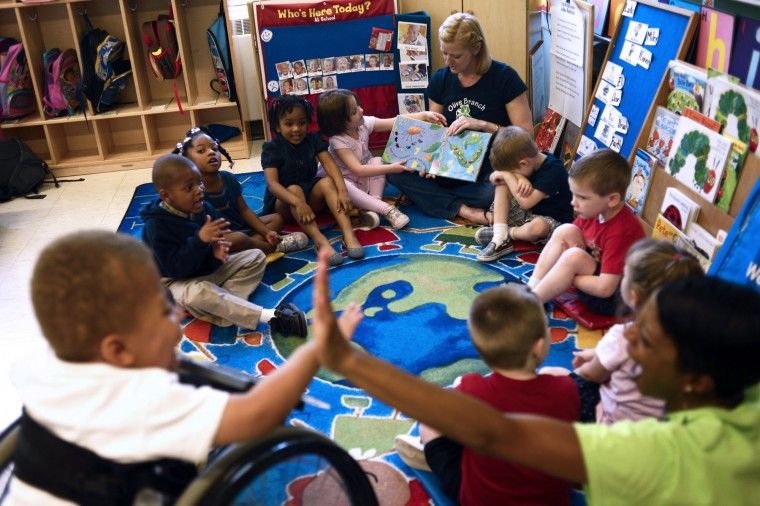“ Justice alone cannot be for one side alone, but must be for both.”-Eleanor Roosevelt
What does ‘justice” mean to your young child? It often means…following the rules. In fact, young children can often be very rule driven…as long as it is being applied to someone else!They love to tell you about others who are not following rules but might not admit when they break a rule.Once young children learn the ‘rules’ they see them as “fixed” and need to be followed “to the letter of the law”. They think they know what is “fair” and often can be unbending in their sense of the rules. But again, this often has more to do with what others are doing…not them!
Fair and Equal
What is justice? The Webster’s dictionary says:Justice (n.) the principal of moral rightness; equality; upholding what is right and lawful; fair treatment or punishment; the administration of law.
But to a young child, justice is a mostly a sense of fairness and equal treatment. A child may believe that everyone should play by the same rules and be treated equally. Sounds right, but what about dealing with the diverse needs in your family or your group? Are the rules the same for a younger child as an older one? Are the rules different for parents or teachers?As you well know, what is fair for one may not be fair for another. But that can be hard for a young child to understand. This is when the development of mindfulness and empathy is important. If a child can understand that someone needs a little extra kindness or help, they will be less literal about the ‘rules’.
Children’s black-and-white view of the rules begins to soften through their experiences within their community either at home or in school. When they see that a younger child might not understand the rules or an older person might not need the same rules… they begin to develop a sense of compassion within their view of justice. They can move beyond the belief of “if it’s good for me it’s good for you” to a more expanded and inclusive sense of justice. They see that the rules need to change depending on the age or situation of another child.
Punish or Ignore?
Punishment is an interesting issue at this stage of development. While preschoolers don’t want to get punished they somehow feel that others should be. Their definition of punishment is also varied! This can lead to an age-old issue of ‘telling on someone or tattling’. Teacher, teacher… Beth just (fill in the blank). Aren’t you going to punish her? As a teacher you know that there are times that it is actually better to ignore a misbehavior than react to it. But children in your classroom can sometime feel like they are little police officers ready to jump on any infraction. Plus you probably are not even a “punishing” type of teacher or parent. Yet you have children that what to see the righteous administration of the rules and to many that means someone “getting in trouble”. How to deal with this? It is important to thank children for their concern but also make it clear that you are aware of things that are happening all over the room and you will choose to deal with them in the very best way for each individual. If a particular rule continues to be an issue, you can have children bring it up for discussion and problem solving in group time. Talk about what the problem is and then invite children to make suggestions for ways to deal with it.
Remember, children at this stage are very literal. Be clear with your words and actions. And always invite children to share their beliefs and feelings with the group. You can ask children to be part of the creation of classroom or family rules. The sense of ownership makes it easier for children to follow them. Revisit the rules together periodically to see if any need modification.
Employ board and card games in which children need to work fairly with each other. These games only work if everyone helps equally!
Talk about tattling and how that makes other feel. Invite children to suggest alternative solutions to the problem.
Your compassionate sharing of how you work with fairness and justice will help children develop their own sense of this important skill.

